Indigenous Governance Database
Conferences, Seminars & Symposia
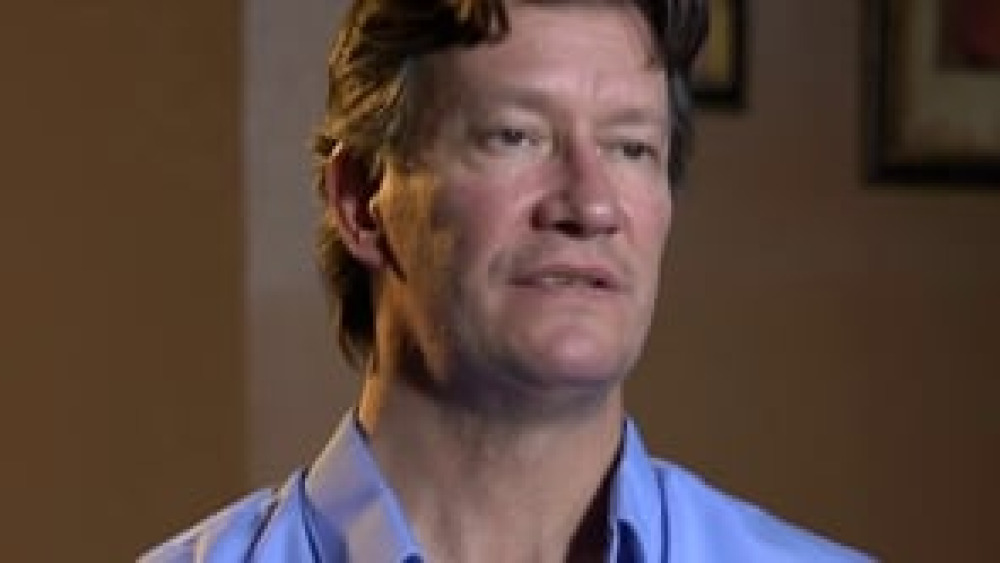
Native Leaders: The Purpose and Challenge of Redefining Citizenship
Several Native leaders share their thoughts on why their nations are deliberating potential changes to their citizenship criteria, and they discuss some of the many challenges that Native nations face in this complex area of governance.
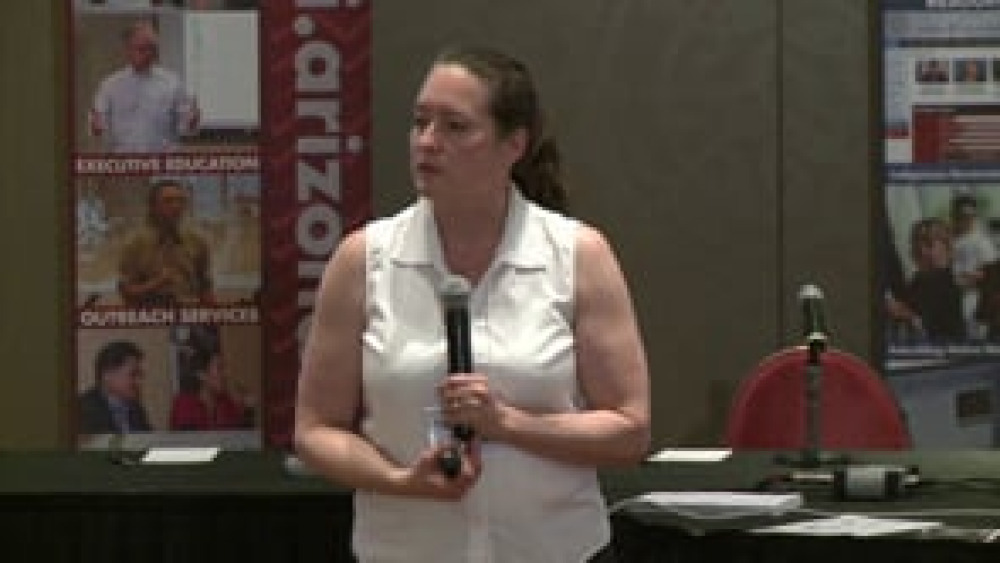
Miriam Jorgensen: Constitutions: Creating Space for Court-Made Law and Judicial Review (Presentation Highlight)
In this highlight from the presentation "Key Things a Constitution Should Address: 'How Do We Make Law?'," NNI's Miriam Jorgensen explains how a growing number of Native nations are creating space for court-made law and judicial review of legislative and executive actions in their redesigned…
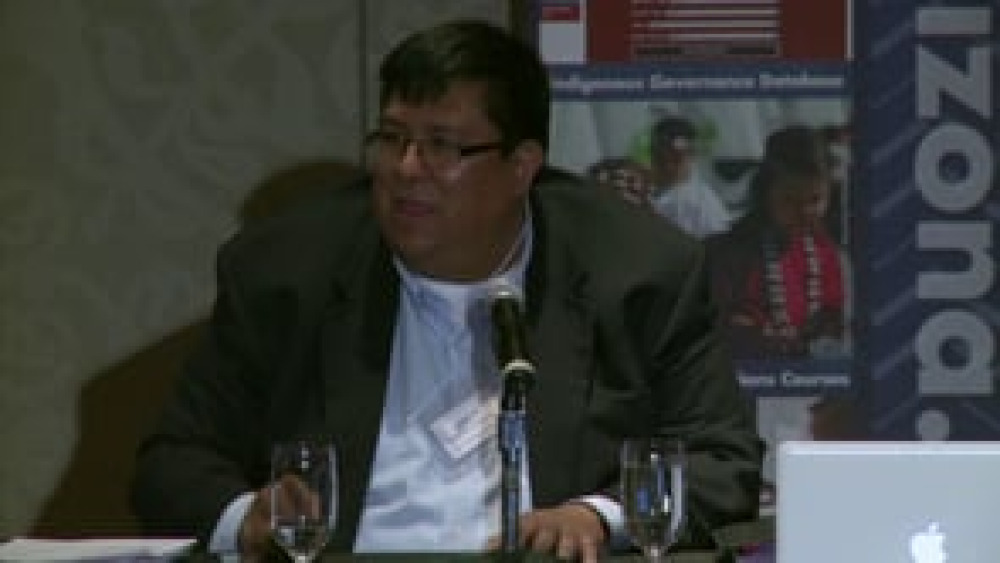
Anthony Hill: Constitutional Reform on the Gila River Indian Community
Gila River Indian Community (GRIC) Chief Judge Anthony Hill, who served as Chair of the Gila River Constitutional Reform Team, discusses the reform process that GRIC followed, the current state of GRIC's reform effort, and what he sees as lessons learned from Gila River's experience.
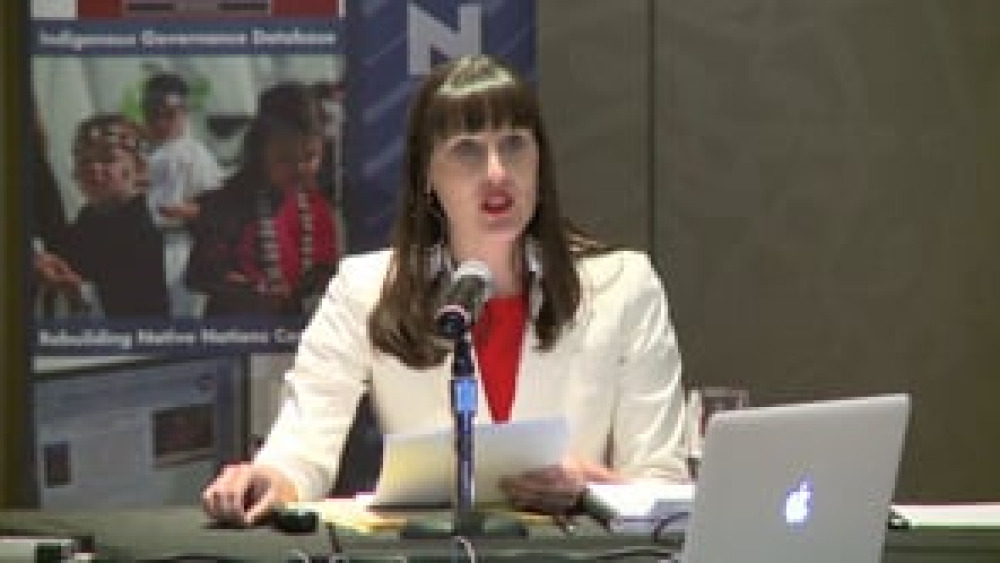
Jill Doerfler: "No Easy Answer": Citizenship Requirements
Anishinaabe scholar Jill Doerfler discusses the process that the White Earth Nation followed to arrive at their new constitution, and details the evolving debate at White Earth about which citizenship criteria it would incorporate into this new governing document.
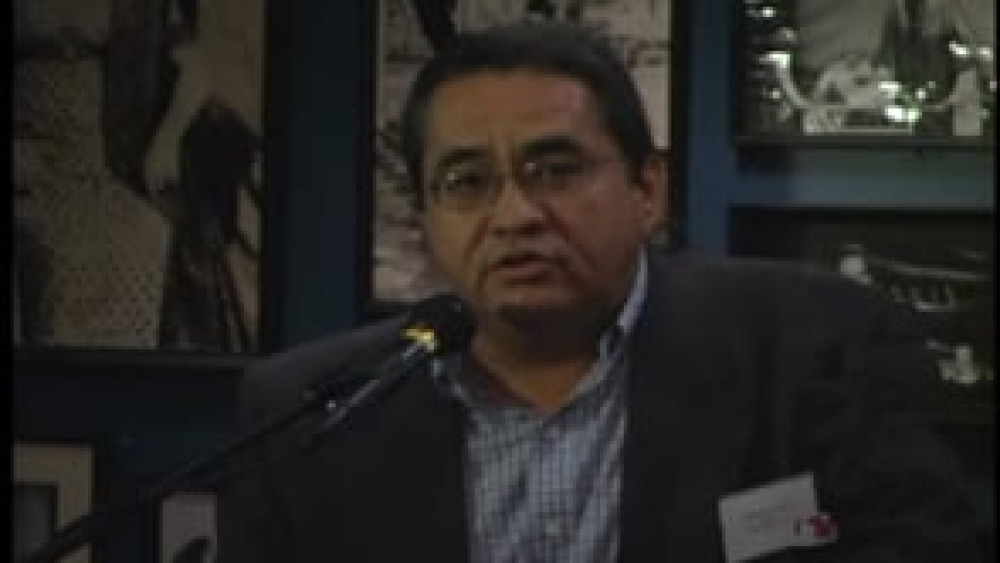
Honoring Nations: Manley Begay: Reflections on the Day
Harvard Project on American Development Co-Director Manley A. Begay, Jr. synthesizes the learning that took place during the first day of the 2004 Honoring Nations symposium, focusing on the nation-building success stories chronicled during the day as testaments to and reflections of…
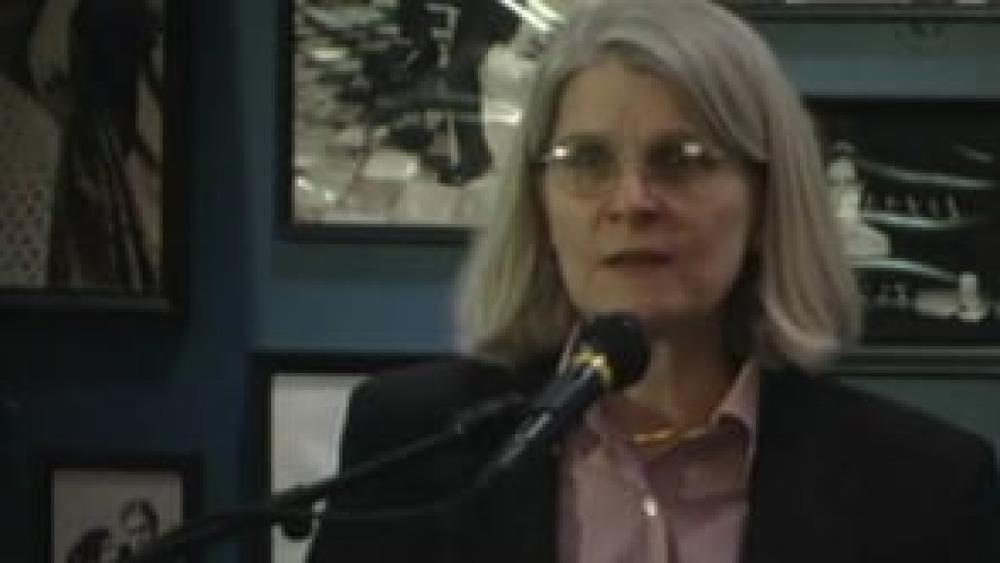
Honoring Nations: Julie Wilson: Child Welfare in Indian Country
Scholar Julie Wilson opens the session "Family Strengthening in Indian Country" with a discussion of recent research conducted by the Harvard Project on American Indian Economic Development that explores the role families play in improving child and community welfare in Indian Country, highlighting…
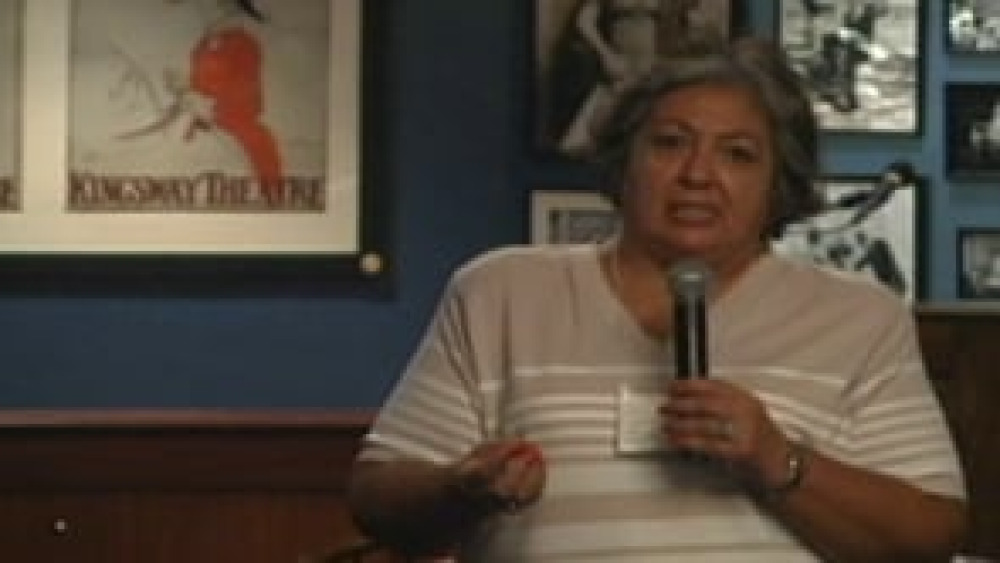
Honoring Nations: Jennifer Harris and Julia Davis-Wheeler: The Healing Lodge of the Seven Nations
Representatives Jennifer Harris and Julia Davis-Wheeler of the Healing Lodge of the Seven Nations youth treatment center discuss the Lodge's genesis and how it works to strengthen the families of the seven Native nations it serves.
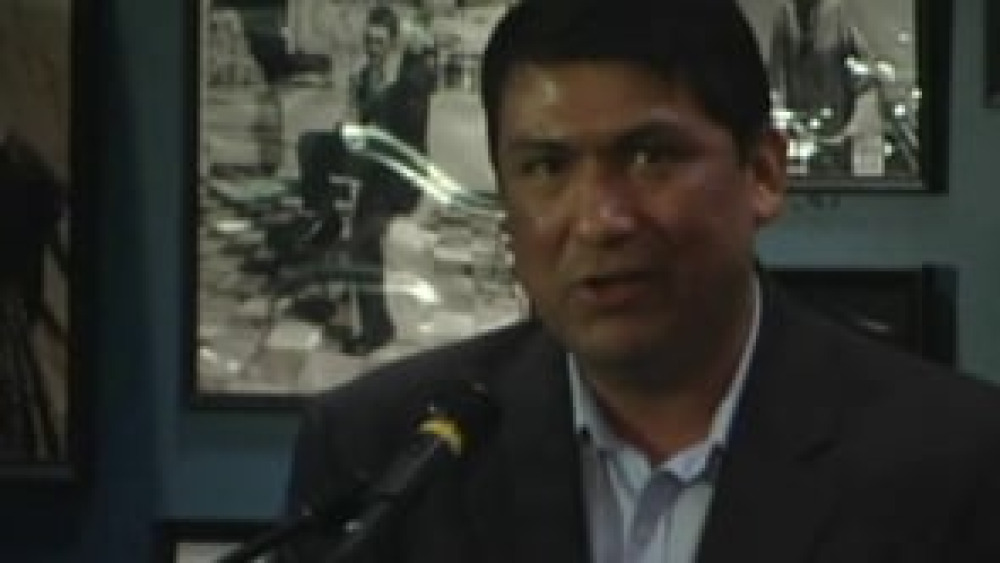
Honoring Nations: Gregory Mendoza: Akimel O'odham/Pee-Posh Youth Council
Gila River Indian Community Governor Gregory Mendoza, formerly the director of the Akimel O'odham/Pee-Posh Youth Council, provides a history of this trend-setting example of innovative governance and discusses the many different ways that it strengthens the Gila River Indian Community.
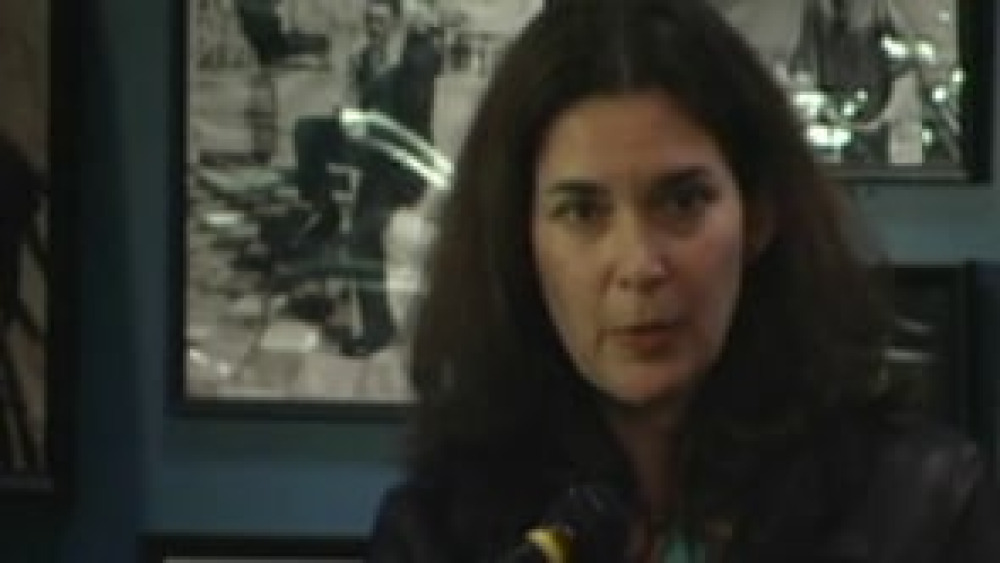
Honoring Nations: Ana Marie Argilagos: Family Strengthening in Indian Country
Ana Marie Argilagos provides a basic overview of the Annie E. Casey Foundation's mission and discusses a report detailing what family strengthening involves in Native communities.
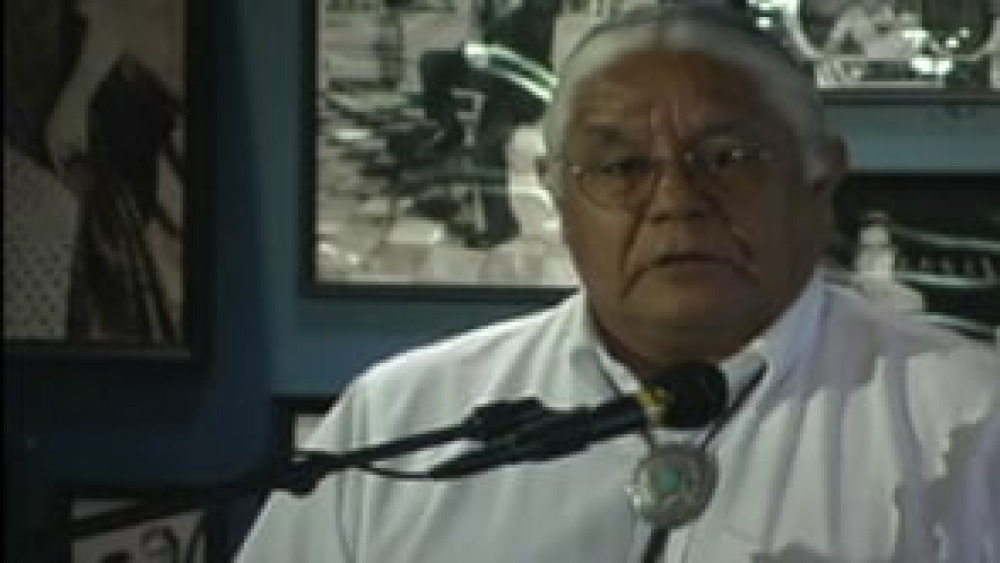
Honoring Nations: Lenny Foster: Navajo Nation Corrections Project
Program Supervisor Lenny Foster with the Navajo Nations Corrections Projects discusses how and why the project was created, and it how it is advocating on behalf of Native Americans prisoners across the country to ensure that their civil rights and religious freedom rights are respected.
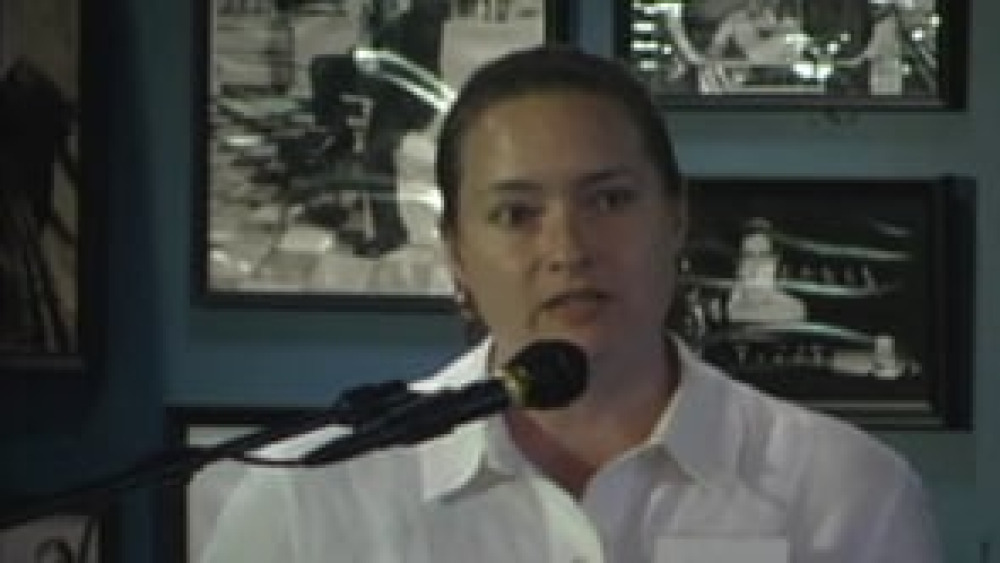
Honoring Nations: Miriam Jorgensen: Lessons to Take Home
NNI Research Director Miriam Jorgensen concludes the 2004 Honoring Nations symposium with her impressions about the lessons learned from the convening, from the great diversity among Native nations to the great strides they are taking when they devise their own solutions to the challenges they…
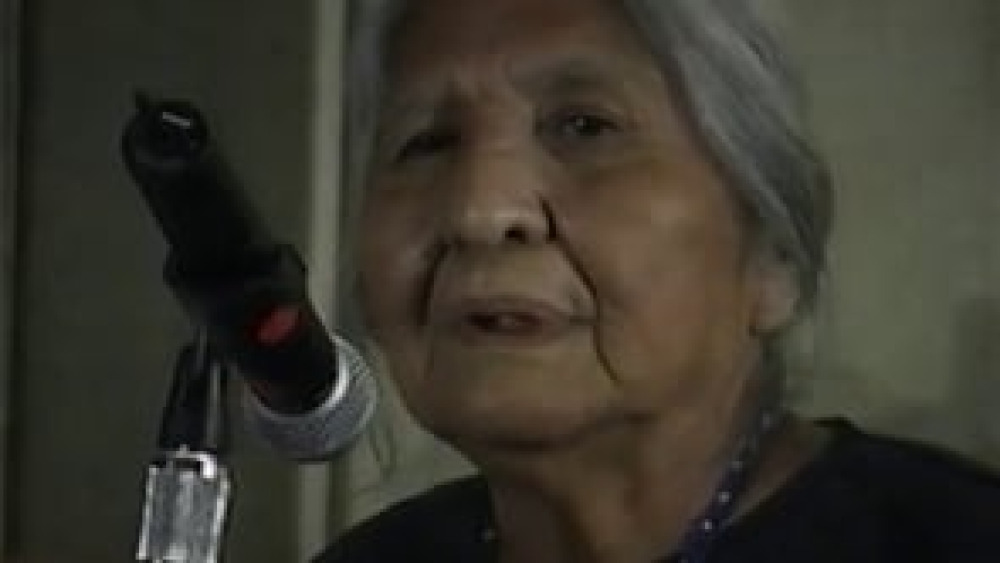
Honoring Nations: Jeanette Clark Cassa: San Carlos Apache Elders Cultural Advisory Council
Jeanette Cassa (1929-2004), Coordinator of the San Carlos Apache Elders Cultural Advisory Council (ECAC), discusses ECAC's work and the traditional Apache core values that its member elders work to instill in the younger generations of Apache people. She also stresses the importance of tribal…
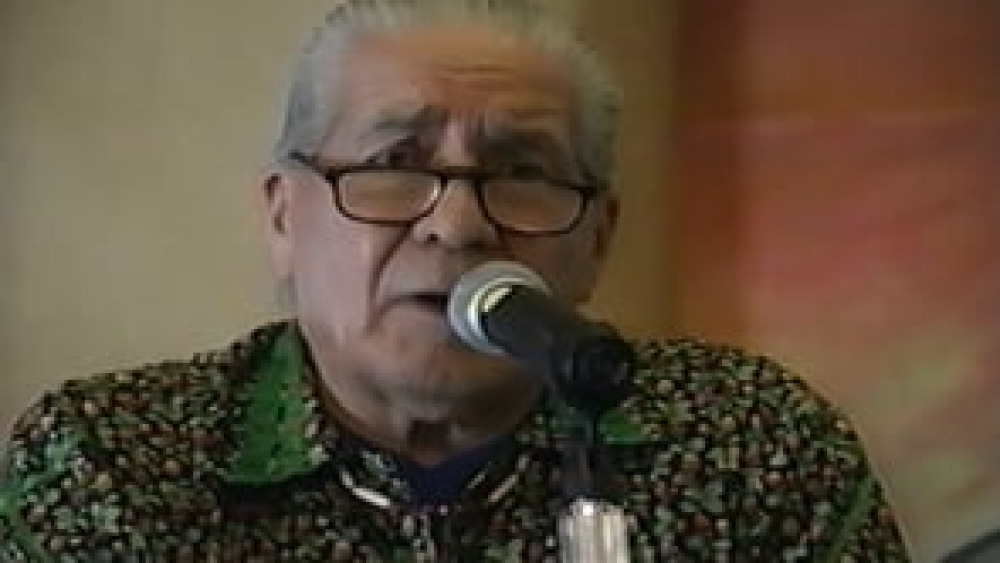
Honoring Nations: Oren Lyons: Governing Our Way to a Brighter Future
Onondaga Chief and Faithkeeper Oren Lyons shares his perspective on why governance matters to the sovereignty and long-term prosperity of Indigenous peoples, and stresses the importance of adhering to the long-taught instructions that have ensured the survival of those peoples to this day.
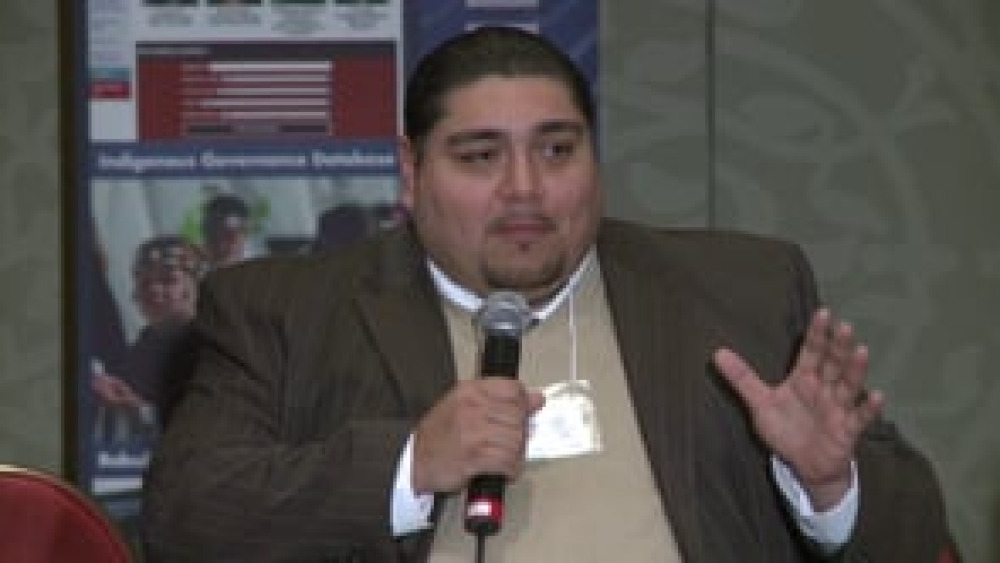
Constitutions and Constitutional Reform - Day 2 (Q&A)
Presenters from the second day of NNI's "Tribal Constitutions" seminar gather to field questions from seminar participants on a variety of topics ranging from citizen education and engagement to the role off-reservation citizens can and should play in a Native nation's present and future.
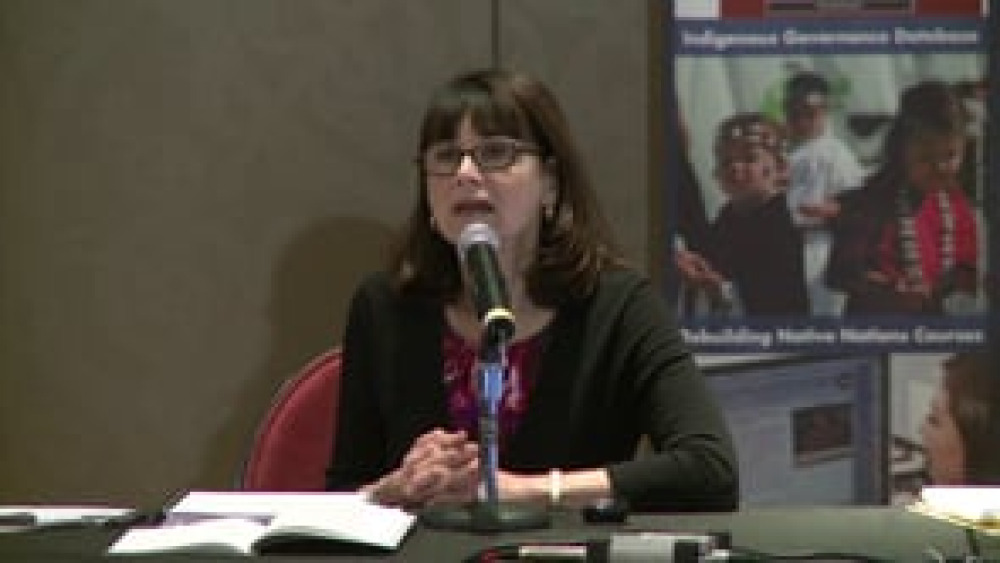
Carole Goldberg: Designing Tribal Citizenship
Scholar Carole Goldberg shares what she's learned about citizenship criteria from her extensive work with Native nations across the country, and sets forth the internal and external considerations that Native nations need to wrestle with in determining what their citizenship criteria should be.
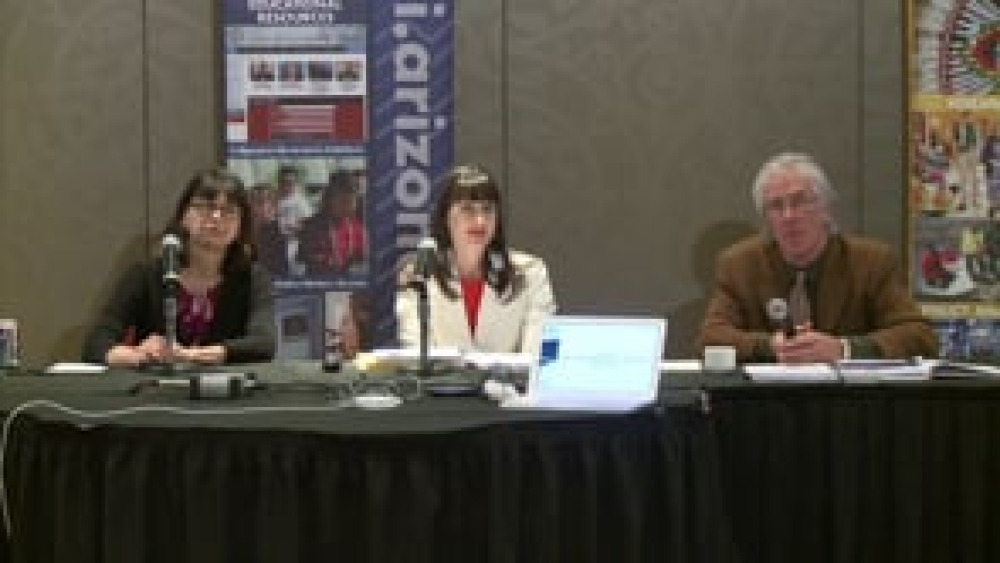
Jill Doerfler and Carole Goldberg: Key Things a Constitution Should Address: Who Are We and How Do We Know? (Q&A)
Presenters Jill Doerfler and Carole Goldberg field questions from seminar participants about the various criteria that Native Nations are using to define citizenship, and some of the implications that specific criteria present.
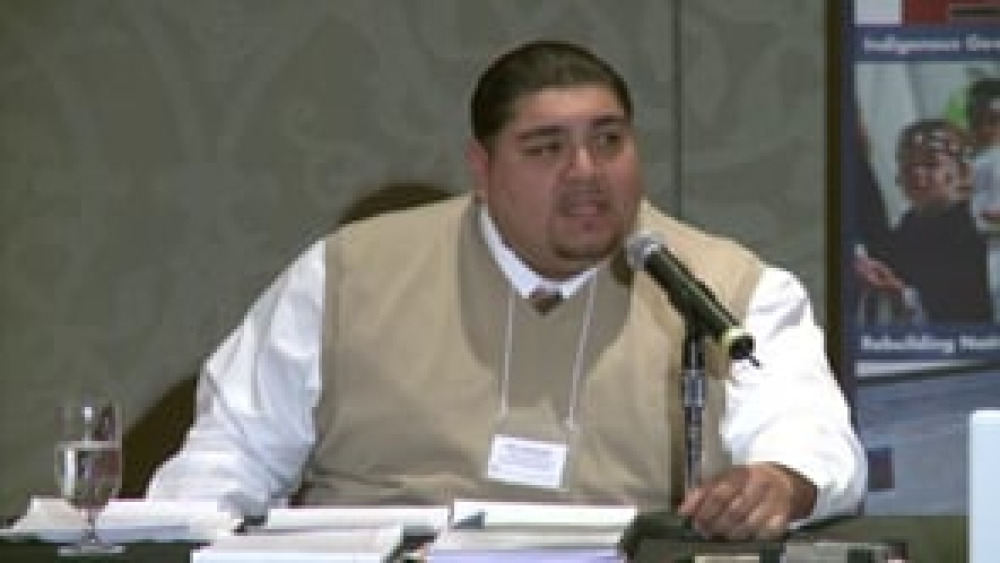
Ruben Santiesteban and Joni Theobald: Choosing Our Leaders and Maintain Quality Leadership: The Lac du Flambeau Band of Lake Superior Chippewa Indians
Ruben Santiesteban and Joni Theobald of the Lac du Flambeau Band of Lake Superior Chippewa Indians provide an overview of how Lac du Flambeau developed a new approach to cultivating and then selecting quality leaders to lead the Band to a brighter future.
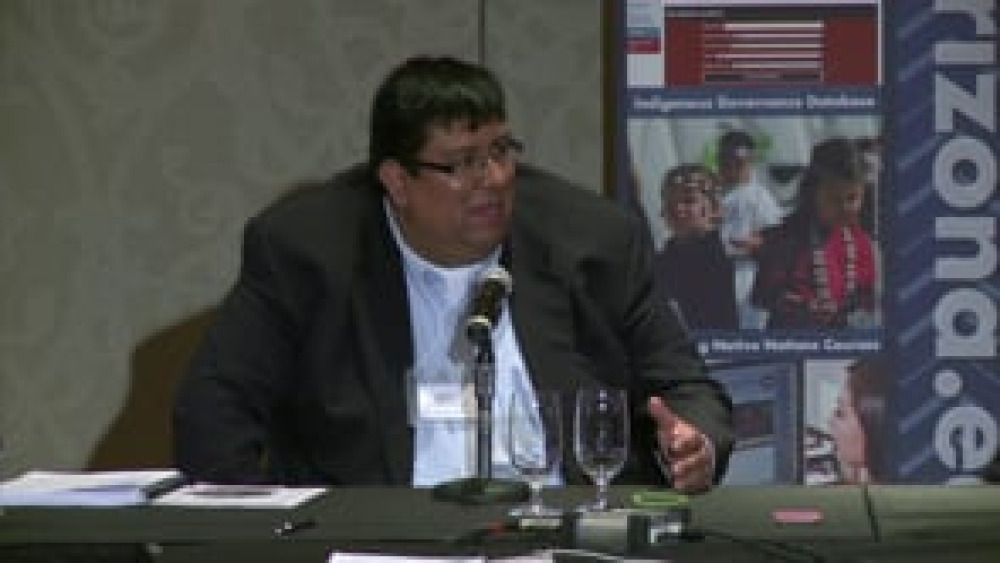
Anthony Hill and Angela Wesley: The Process of Constitutional Reform: The Challenge of Citizen Engagement (Q&A)
Presenters Anthony Hill and Angela Wesley field questions from the audience about the approaches their nations took to constitutional reform.
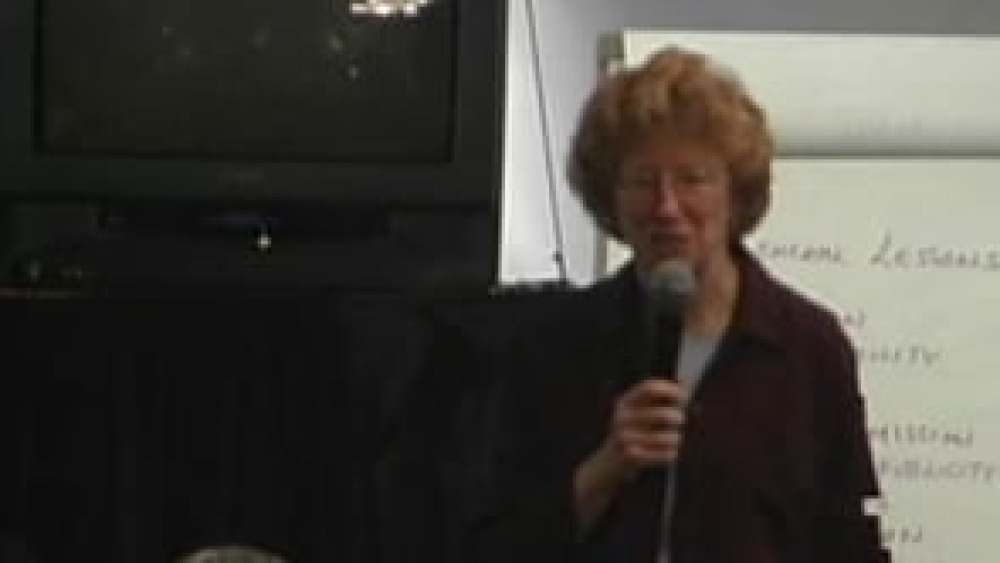
Honoring Nations: Mary Jo Bane: Preventive Health in Brazil
Harvard professor Mary Jo Bane frames the session "Building Great Programs in a Political Setting" with an intriguing case study of a preventive health care initiative in Brazil, illustrating that effective program management can be achieved even in a highly political governance environment.
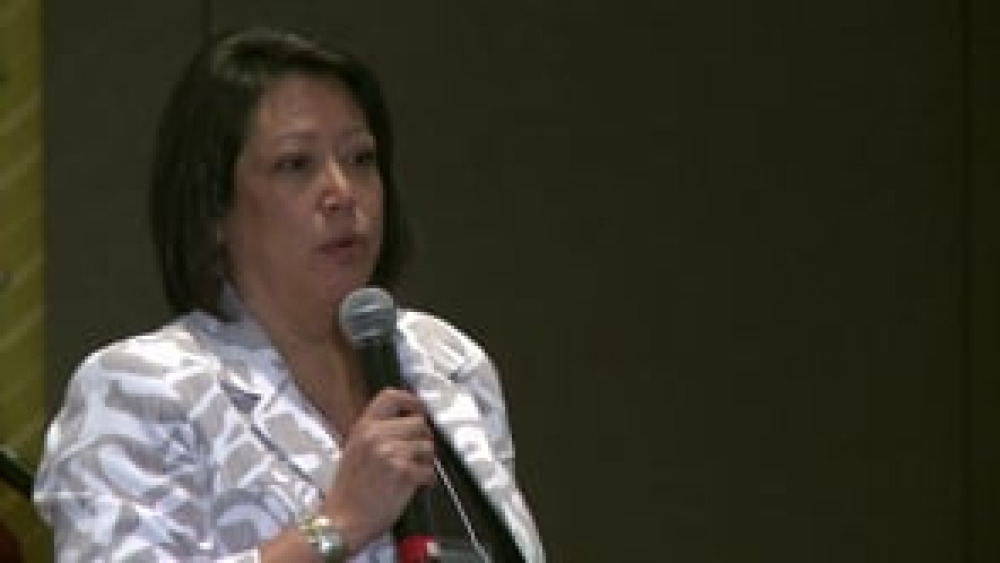
Angela Wesley: A "Made in Huu-ay-aht" Constitution
Angela Wesley, Chair of the Huu-ay-aht Constitution Committee, discusses the process that the Huu-ay-Aht First Nations followed in developing their own constitution and system of government. She describes how Huu-ay-aht's new governance system is fundamentally different from their old Indian Act…
Pagination
- First page
- …
- 2
- 3
- 4
- …
- Last page
